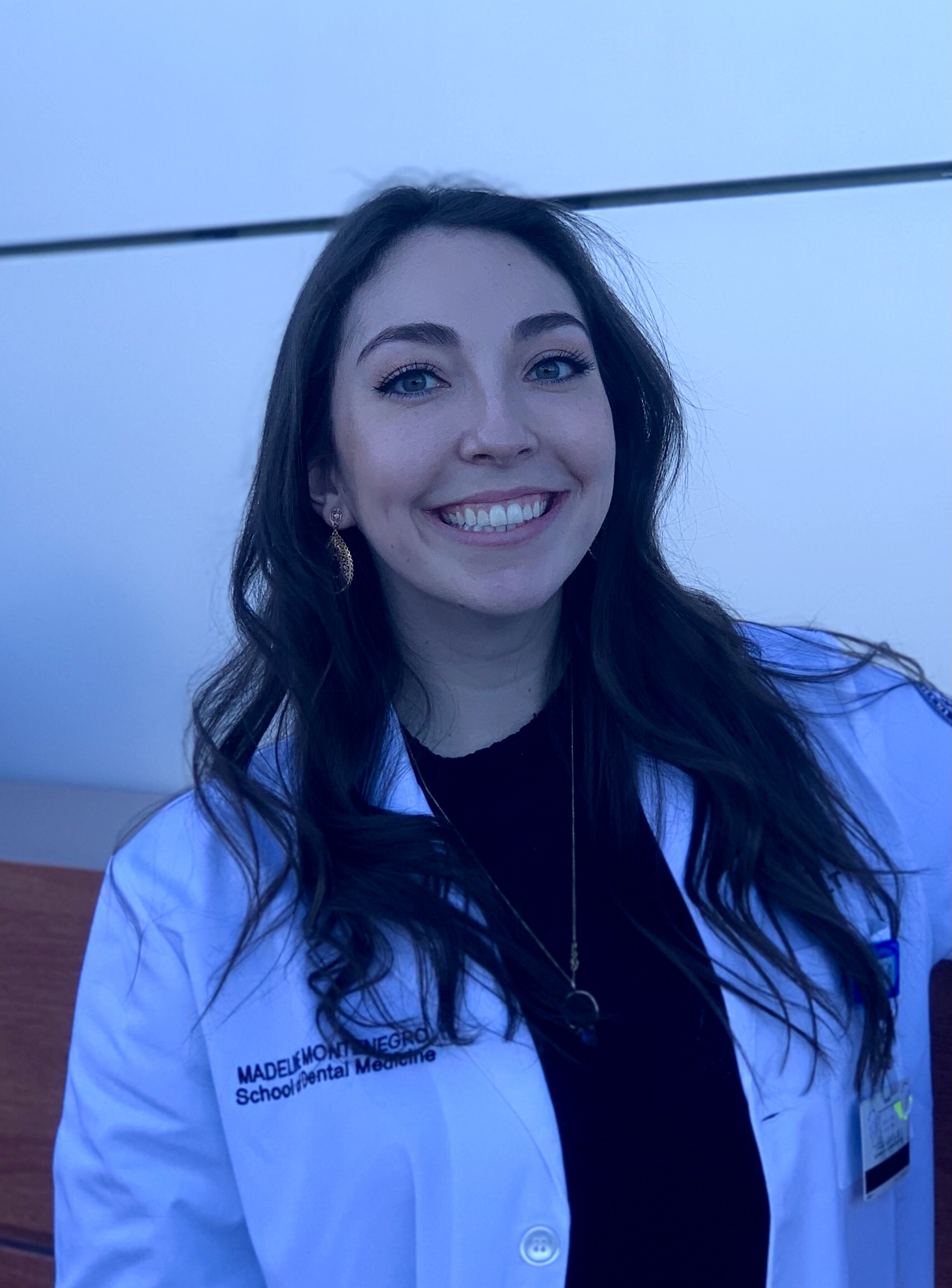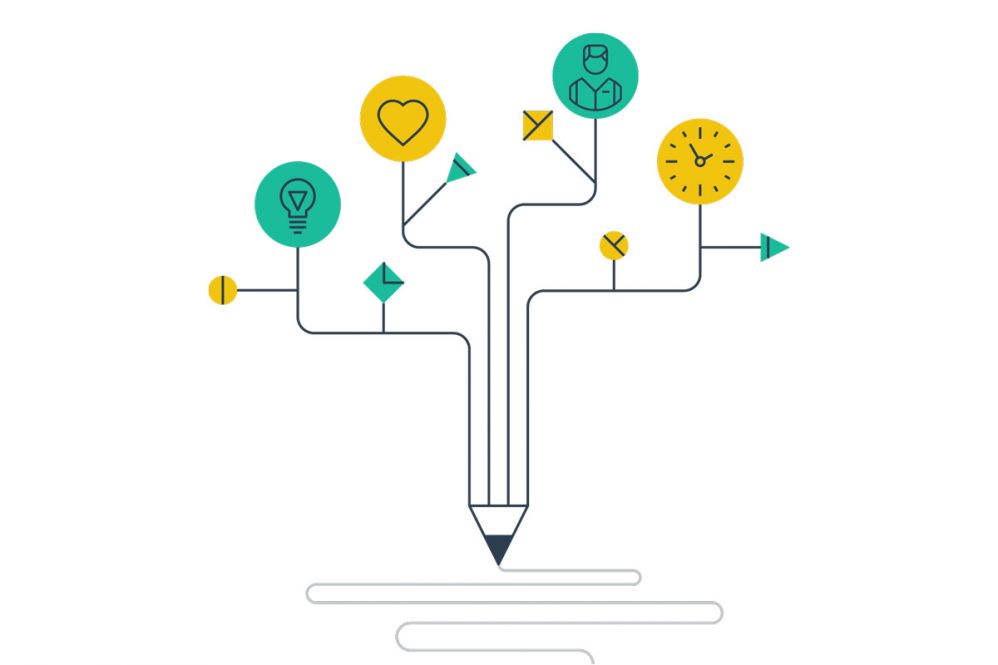Third-year dental student, Madeline Montenegro, recently placed as first runner-up in the 2021 Health Literacy in Dentistry essay contest sponsored by the American Dental Association (ADA).
This year’s topic, More than Teeth: What Your Dental Team Wants You To Know About Health Misinformation, resonated strongly with Madeline as she noticed a lack of emphasis on health literacy in the field of dentistry.

“I entered the ADA Health Literacy In Dentistry contest because health literacy is a crucial aspect of dentistry that is significantly under-emphasized,” said Madeline. “Almost 35% of Americans have basic or below basic health literacy, so providers should learn health literacy principles and how to write in plain language to allow for proper patient informed consent. By learning new and more efficient ways to communicate with patients, the spread of misinformation will decrease, and patient’s will be better prepared to make decisions for their own health.”
In her essay, Madeline discusses how easily misinformation can spread on social media and the internet. The rapid spread of misinformation can cause patients to mistrust their providers and avoid seeking care—jeopardizing both oral health and overall health.
“Misinformation has led people to think that if their teeth do not hurt, then they do not need to go to the dentist,” she writes. “Routine dental care is important because it keeps teeth healthy, and can stop dental disease before it gets worse. Even though dentists only focus on the mouth, they still treat patients as a whole. This is because poor oral health can have an effect on the rest of your body.”
Madeline also offers several methods for patients to better identify if information is correct, including asking specific questions, double checking sources, and questioning reports that have grammatical or spelling errors. She also encourages patients to have thorough conversations with their providers when clarification is needed on a certain topic.
With false information sometimes traveling faster than evidence-based information, Madeline is hopeful that raising awareness about health misinformation will benefit both patients and providers in the long run.
“The spread of information can come from multiple different outlets, so learning how to identify health misinformation, especially in dentistry, can stop the spread of confusion and dental fears, and can lead to better oral health outcomes and care,” said Madeline.
The annual contest hosted by ADA—the largest and oldest national association of dental professionals in the world— is open to all dental students in the United States.



